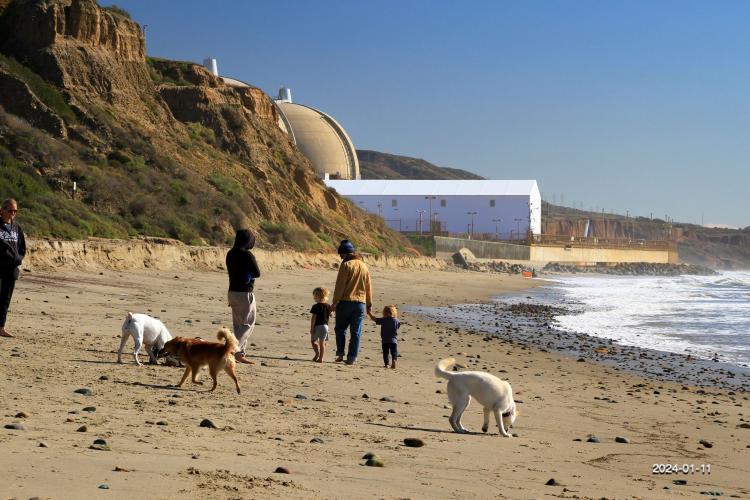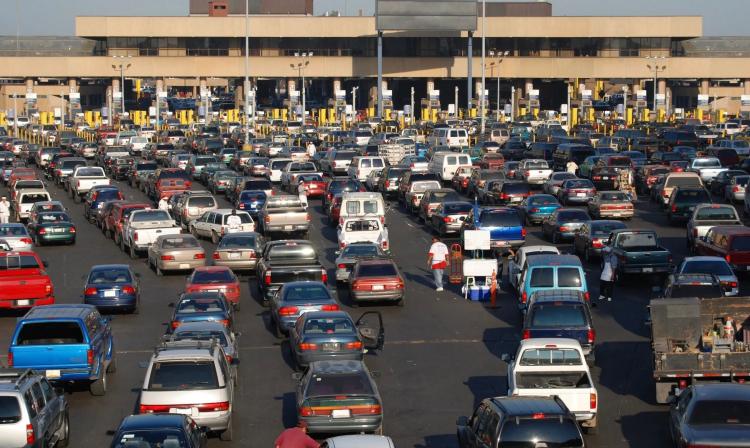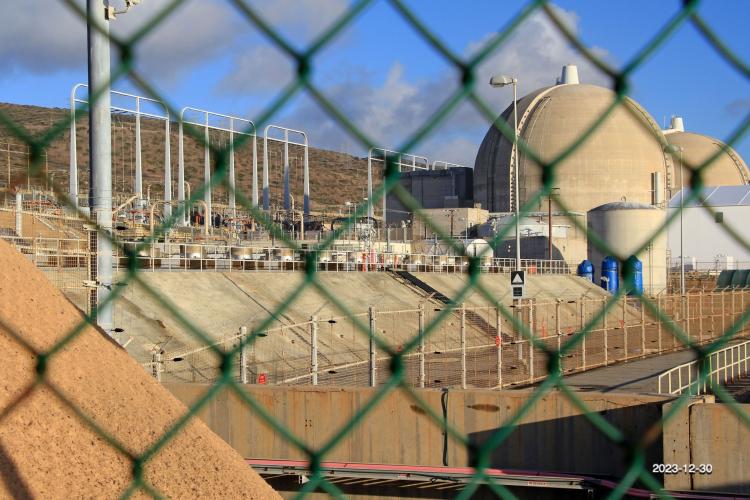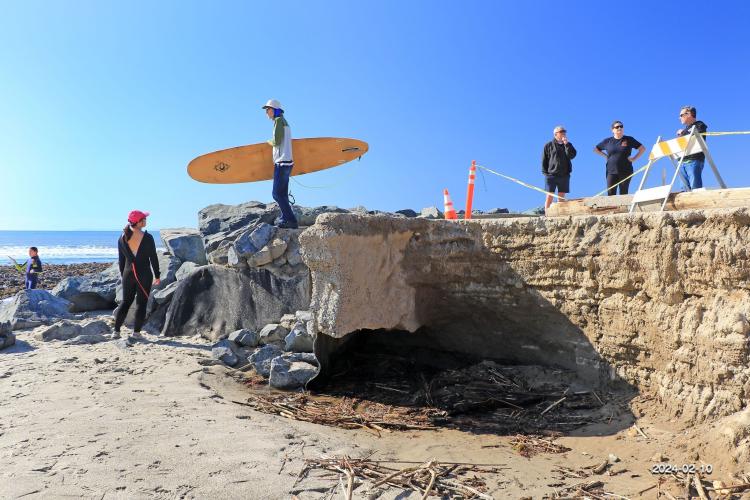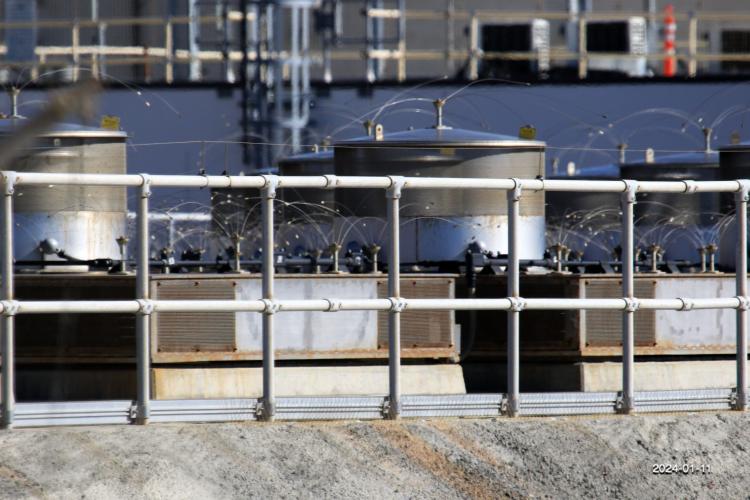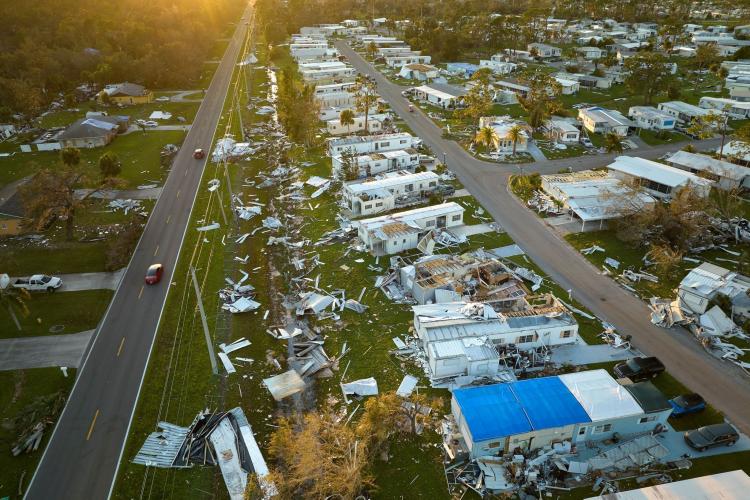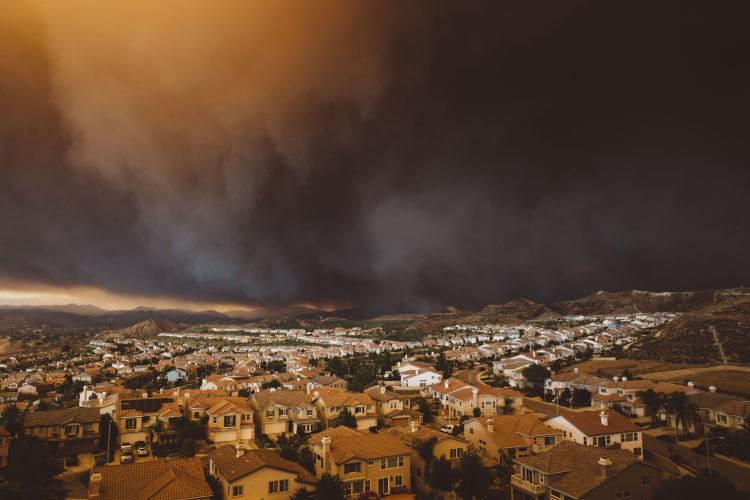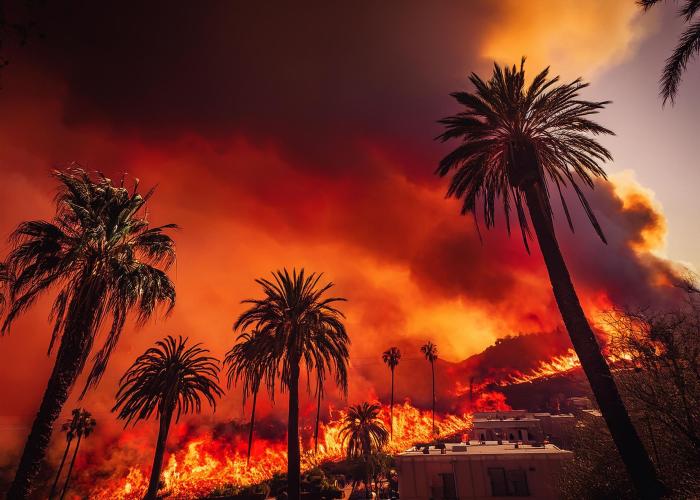As the nation faces critical choices about energy and technology, a troubling reality emerges: taxpayers, not big corporations, are footing the bill for the reopening of Three Mile Island, the site of the worst nuclear disaster in U.S. history. Equally as disadvantageous for taxpayers is the lack of financial risk for the owners should their work be negligent in reopening Three Mile Island. That’s because the Price-Anderson Act limits nuclear industry liability in the event of a disaster to about 1% of the damage. Owners are off the hook for damages even if they are negligent and under Price-Anderson, taxpayers are responsible and pay for these damages.
These alarming decisions raise urgent questions about public safety, corporate interests, and government accountability, issues that should dominate our national conversation, especially as elections approach. Yet, this potentially deadly environmental issue remains under the radar, affecting all of us, regardless of political affiliation.
The 1979 meltdown at Three Mile Island left a lasting scar on the nuclear energy debate. It serves as a stark reminder of the dangers associated with nuclear power, and now we must ask: why risk it again? The answer lies partly in the Price-Anderson Act, which limits nuclear industry liability in the event of a disaster, effectively insulating corporations like Microsoft and Constellation
Energy from financial consequences while the public shoulders the risk and pays for it. The agreement between Microsoft and Three Mile Island is just one of several similar deals currently being finalized, highlighting a growing trend in corporate reliance on aging nuclear infrastructure for energy needs without the liability of failure.
These deals, which involve reactors that have received subsidies to remain economically competitive, are controversial even within the nuclear industry, as many of these reactors are either shut down or heading toward shutdown for safety and economic reasons. In the case of Three Mile Island, Unit 1 was shut down in 2019 after 45 years of operation, following the permanent closure of Unit 2 after the 1979 accident, highlighting ongoing concerns about the viability of aging nuclear infrastructure.The push to reopen raises critical questions: what has really changed? Proponents argue that nuclear energy is necessary to meet the demands of tech giants like Microsoft, but who ultimately pays the price? If another accident occurs, it's taxpayers who will bear the financial burden, not the corporations profiting from the venture.
What's especially troubling is the lack of accountability embedded in this system. The Price-Anderson Act allows companies to evade the consequences of a catastrophe, emboldening them to make risky decisions without accountability for the fallout. This issue transcends energy policy; it’s fundamentally about public safety.
As we approach the next election, voters need to recognize the significance of decisions like this one. While candidates may focus on more sensational issues, the reopening of Three Mile Island, and the dangerous precedent it sets, could have real, lasting impacts on our health, environment, and economy. Instead of relying on outdated and potentially hazardous nuclear technology, we should invest in safer, more sustainable energy solutions. The future of energy should prioritize safety, sustainability, and accountability.
As we consider our choices in the upcoming elections, we must also reflect on the kind of energy future we want. Do we continue down a path of risky ventures that benefit corporations at the expense of public safety, or do we advocate for responsible investments in clean, reliable energy that serve us all?
The reopening of Three Mile Island is not merely about powering data centers; it is about the legacy we leave for future generations. This issue transcends political lines, and we deserve better. It’s time to demand accountability. Three Mile Island should remain closed, and the Price-Anderson Act must be reevaluated. Our energy future, and our safety, depend on it.
